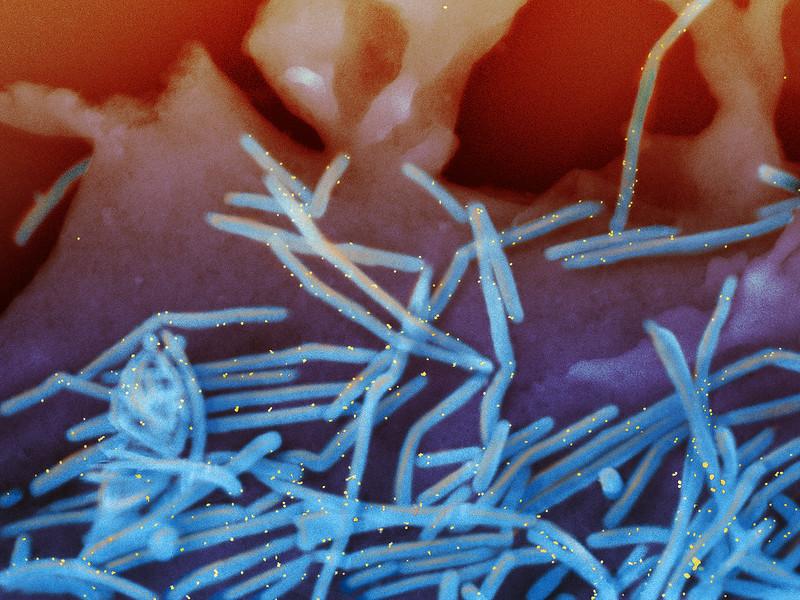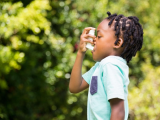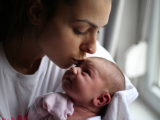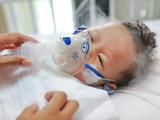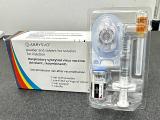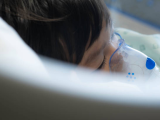Two new studies demonstrate the impact of respiratory syncytial virus (RSV) in different populations, with one showing that children with chronic medical conditions (CMCs) affecting multiple body systems have the highest rate of RSV hospitalization, and a second showing that more than 8 in 10 adults have had RSV exposure.
Highest risk in those with Down syndrome or born prematurely
The first study was published this week in JAMA Network Open and involved 431,937 children followed up for a median of 2 years. It included 25,452 kids with at least one CMC.
For the retrospective, population-based study, researchers analyzed data on children who were born from April 1, 2013, to March 31, 2023, in British Columbia and were enrolled in the provincial medical service plan and followed up until the day before their third RSV season or April 1, 2024, whichever came first.
The investigators found that those with CMCs had more than triple the rate of needing hospital care for RSV. In the second RSV season, the RSV hospitalization rate per 1,000 person-years for children with CMCs was 7.8 (95% confidence interval [CI], 6.7 to 8.8), compared to 2.2 (95% CI, 2.1 to 2.3) for those without CMCs.
Kids with multisystem CMCs, particularly those affecting the respiratory, cardiovascular, or gastrointestinal systems, had second-season RSV hospitalization rates that were at least double the rate among all children in the first season. Second-season rates among children with Down syndrome or those who were born prematurely were fivefold higher than for all children in the first season.
Long-acting monoclonal antibody prophylaxis may be warranted for a second season.
"Children with CMCs had higher RSV hospitalization rates than healthy children during their first 2 RSV seasons," the study authors concluded. "Hospitalization rates in the second RSV season among children with CMCs were similar to rates among all children in their first season.
"Therefore, long-acting monoclonal antibody prophylaxis may be warranted for a second season among children with CMCs if a universal monoclonal antibody program is considered warranted during the first season."
84% of adults have RSV antibodies
For the second study, published in the International Journal of Infectious Diseases, Mayo Clinic scientists randomly selected specimens from 475 adults (ages 27 to 99) from a Mayo Clinic blood repository and tested the samples for antibodies against RSV. They also assessed 40 patients with documented RSV infection and 71 who had recently been immunized against RSV, for a total cohort of 586 patients.
Among the group from the blood bank, 83.8% tested positive for RSV antibodies, with men having significantly higher antibody titers than women. Not surprisingly, higher rates of antibodies were detected in those recently infected (97.5%) or vaccinated (95.8%).
The study also showed a significant increase in antibody titers following the RSV season, providing evidence of recent unrecognized infection.
The authors note that most patients who tested negative in any of the three groups did not have a record of any condition that would compromise their immune system. They conclude, "This study demonstrates a high seroprevalence of RSV-A IgG [RSV antibodies] in adults, with variations across sex and seasonality, and corroborates waning immunity following RSV infection."
